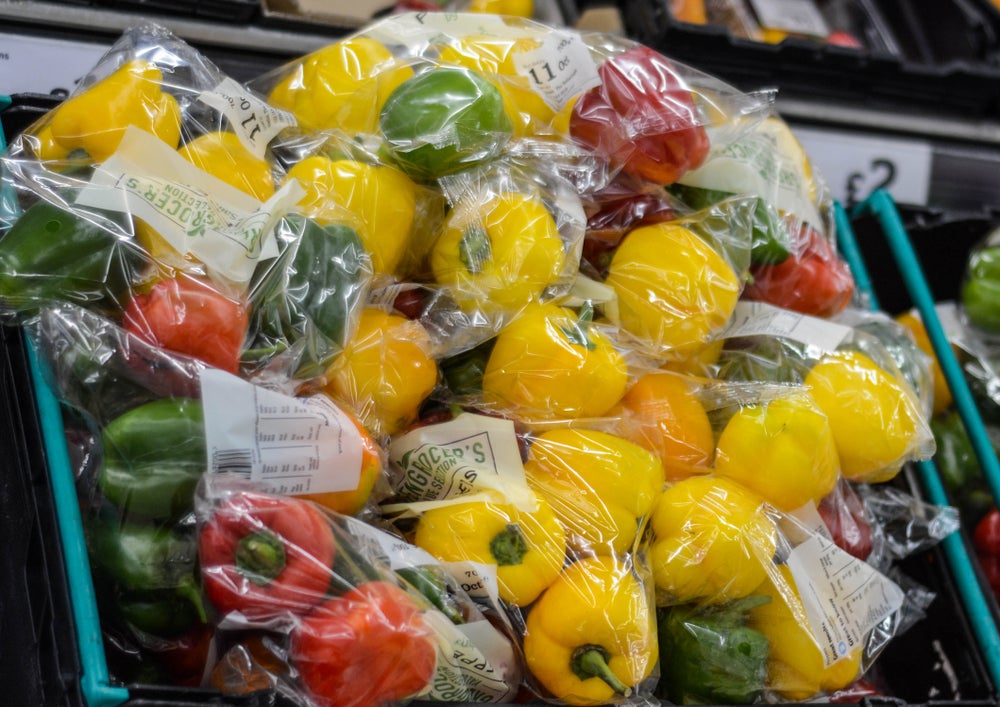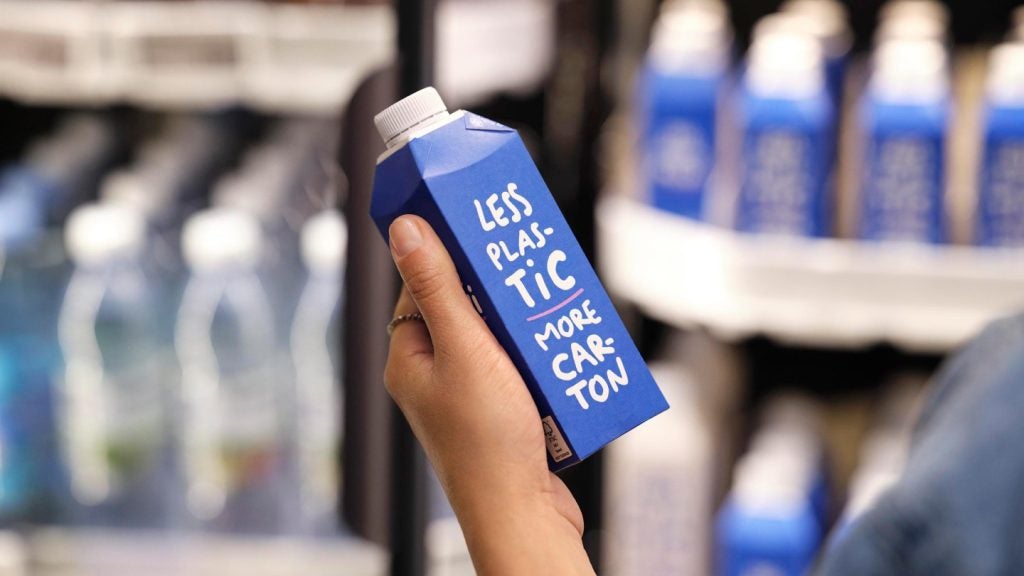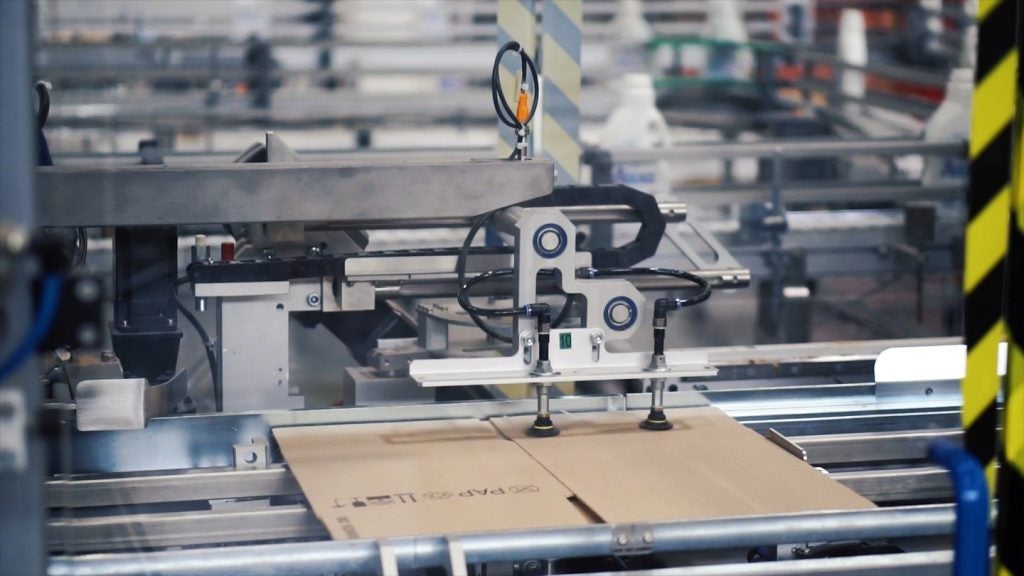On 1 October 2023, England took a significant step in its fight against plastic pollution with the introduction of new regulations banning several single-use plastic items.
In a bid to address the escalating problem of plastic pollution and litter, the UK government has implemented a series of bans and restrictions on single-use plastic items, taking effect on Sunday 1 October 2023.
These measures, announced in January, will prohibit the sale of single-use plastic cutlery, balloon sticks, polystyrene cups and food containers across various sectors, including retailers, takeaways, food vendors and the hospitality industry.
Restrictions will also be placed on the supply of single-use plastic plates, trays and bowls.
Environmental impact and public support
Single-use plastics are known for their long-lasting environmental impact, taking hundreds of years to decompose and causing harm to oceans, rivers and land.
Furthermore, the production and disposal of plastic items contribute to greenhouse gas emissions. Research indicates that in England alone, approximately 2.7 billion single-use plastic cutlery items and 721 million single-use plates are used annually, with only a meagre 10% being recycled.
These items, if lined up, would circle the globe more than eight-and-a-half times.
The public has overwhelmingly supported these measures, with 95% of respondents in favour of the prohibitions following a government consultation. This broad support reflects a shared commitment to reducing plastic waste and littering, particularly as plastic cutlery ranked among the top 15 most littered items in the country in 2020.
Collaboration and future initiatives
The government has worked closely with industry stakeholders to facilitate their transition to compliance with the new regulations. Businesses were provided with nine months from the publication of the consultation response to prepare and deplete existing stock.
Collaboration with trade bodies and local authorities has also played a crucial role in ensuring businesses and Trading Standards officers are well-prepared for the implementation of the new rules.
The ban does not extend to single-use plastic plates, trays and bowls used as packaging in shelf-ready pre-packaged food items. These items will be addressed within the government's plans for an extended producer responsibility scheme, designed to incentivise producers to minimise packaging and meet higher recycling targets.
These new measures are part of the UK government's broader commitment to combat plastic pollution and eliminate avoidable plastic waste by 2042.
Prior actions included banning microbeads in personal care products in 2018, restricting the supply of plastic straws, stirrers and cotton buds in 2020 and introducing the Plastic Packaging Tax in April 2022.
Additionally, the successful single-use carrier bag charge has substantially reduced plastic bag usage since its introduction in 2015.
Future plans involve implementing a deposit return scheme for drinks containers and simplifying recycling collections across England, further advancing sustainability efforts across the public and private sectors.
















